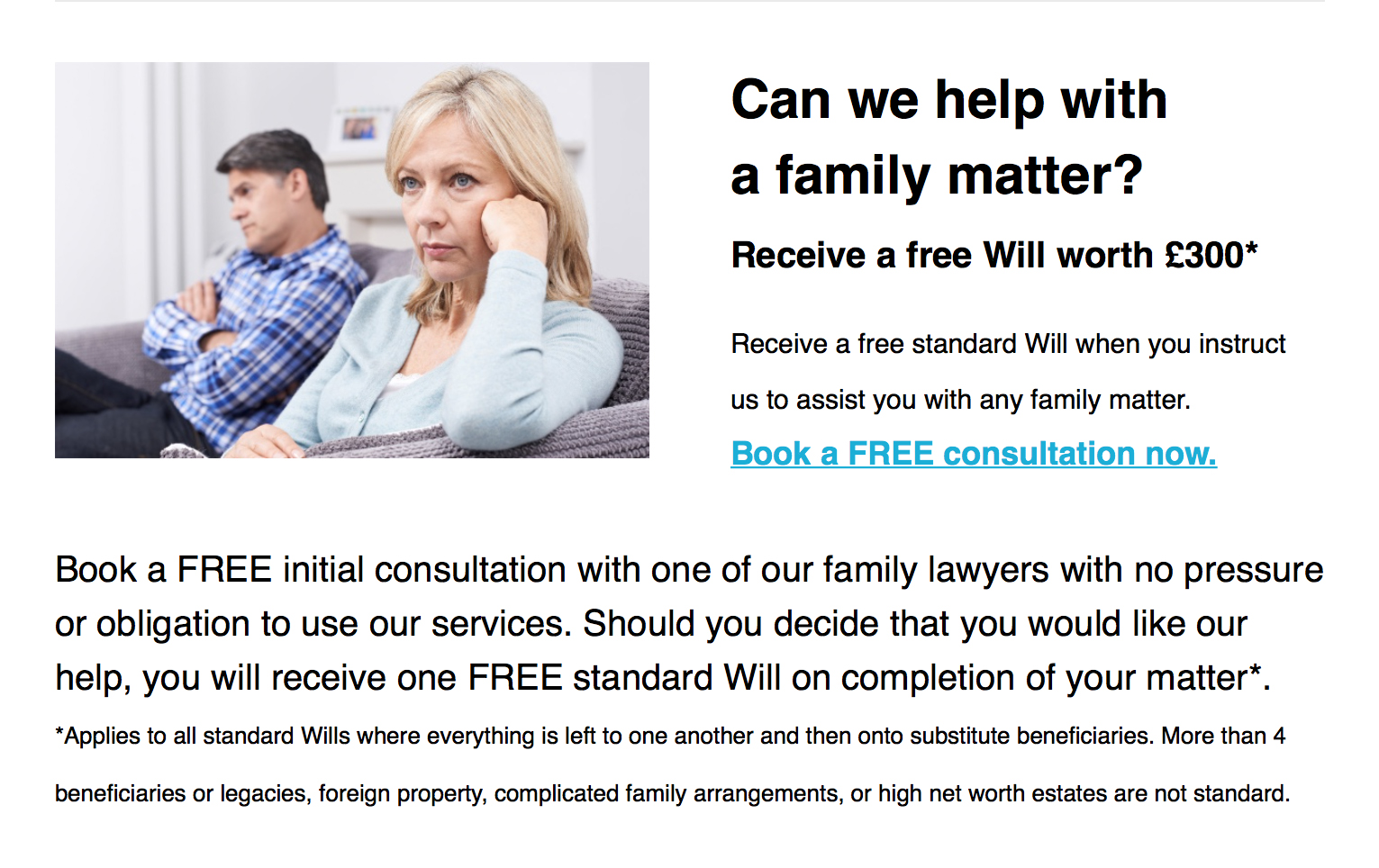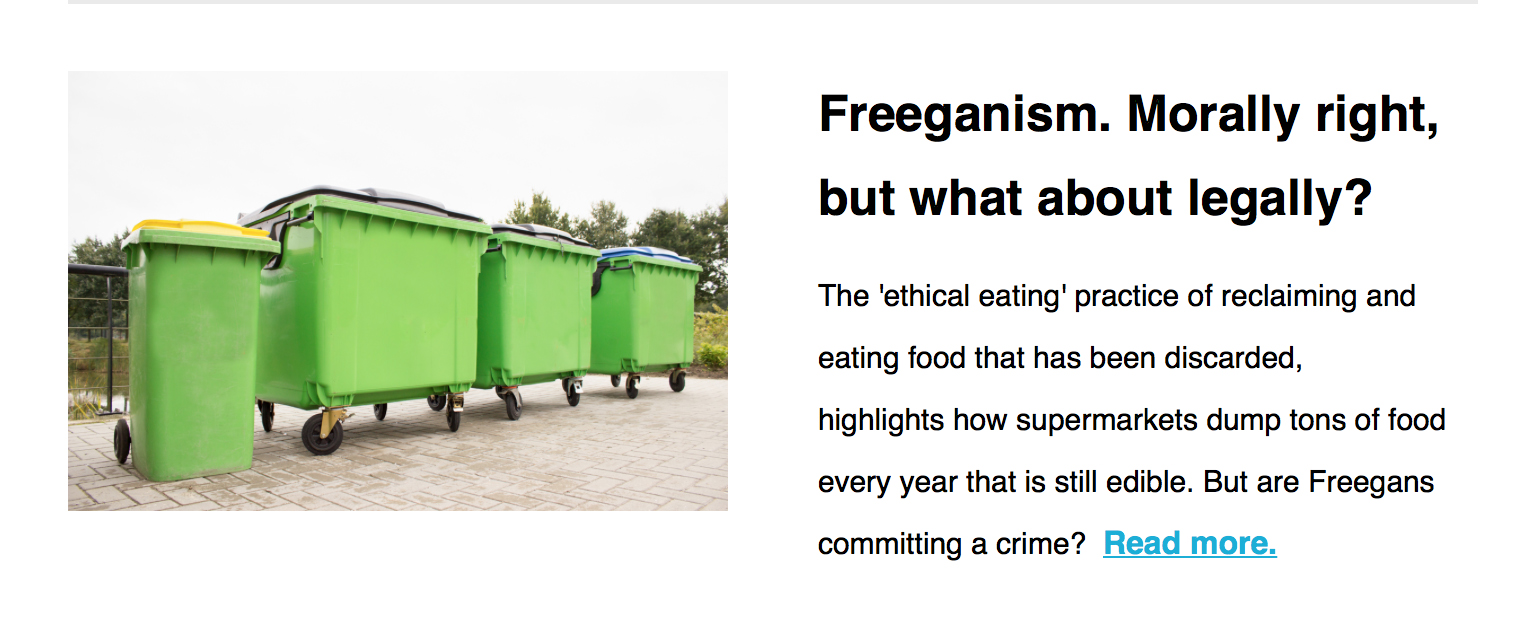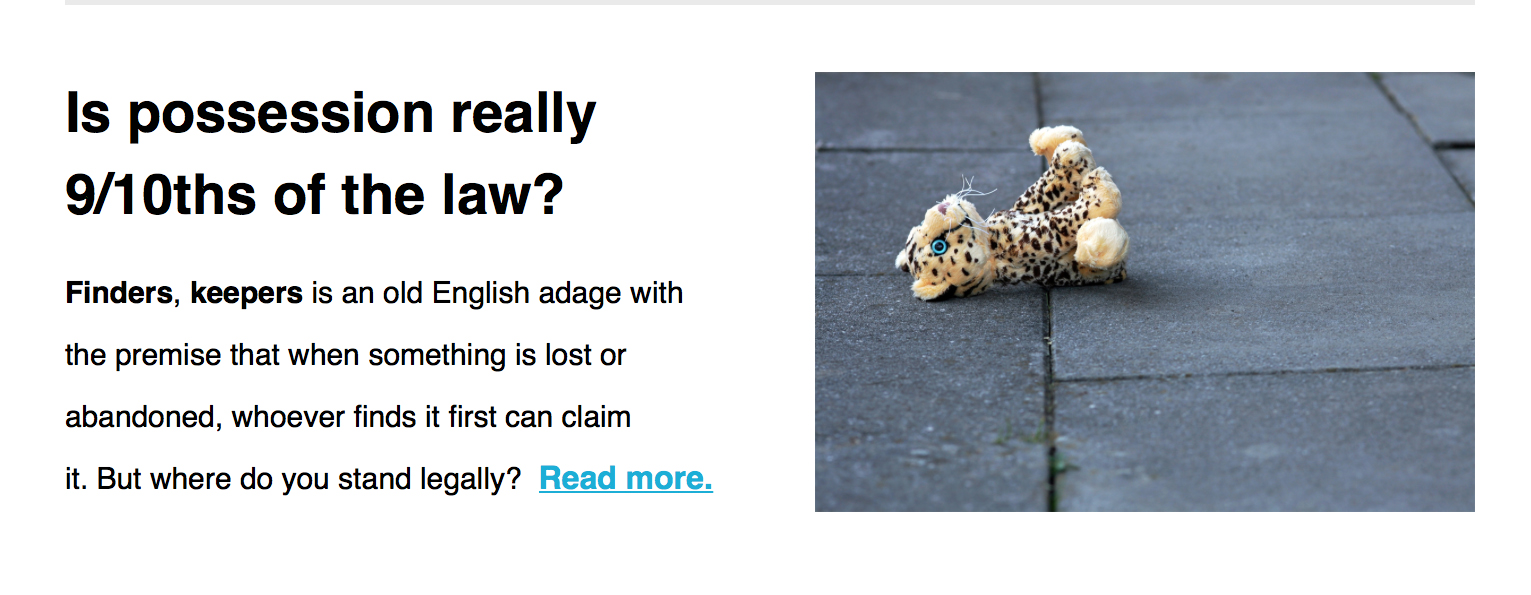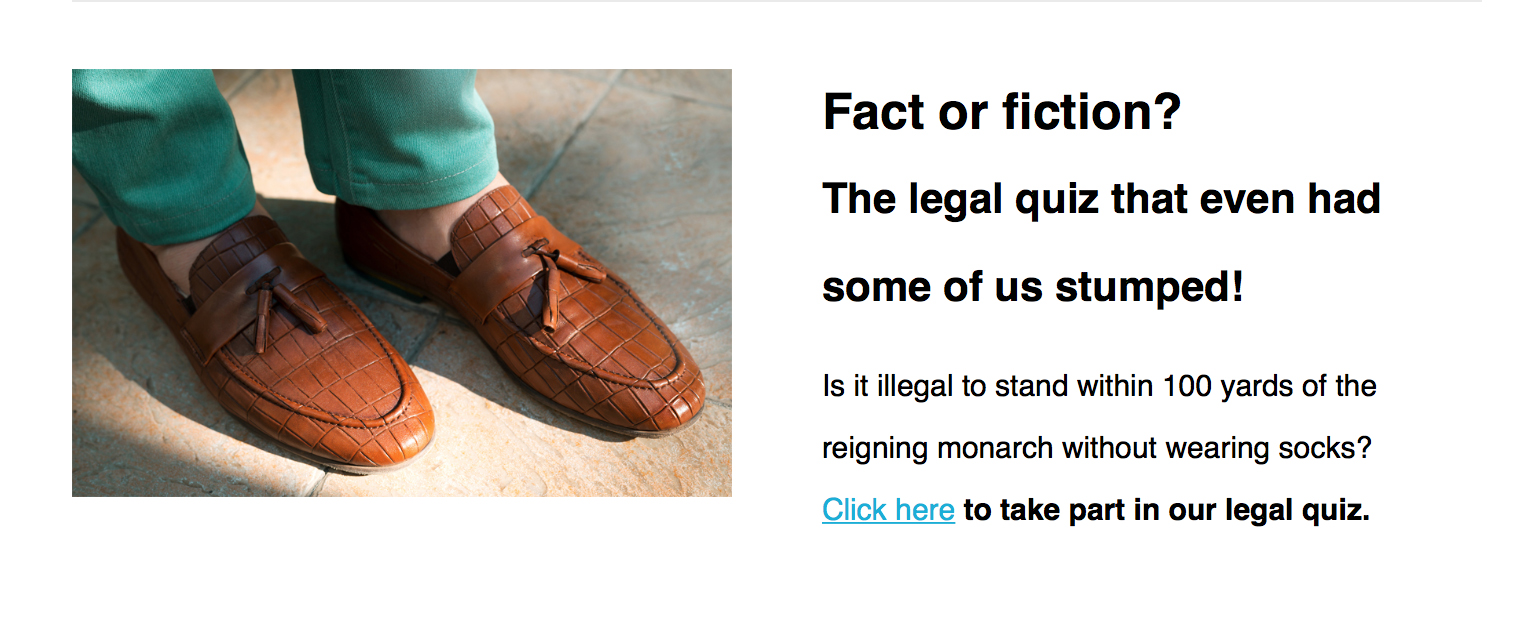The practice of ‘freeganism’ has been subjected to a high level of media attention of late. ‘Freeganism’ is the practice of reclaiming and eating food that has been discarded. It has been described as a philosophy, that of ‘ethical eating’ – a reaction against a wasteful society and a way of highlighting how supermarkets dump tons of food every year that is still edible. But does this moral reaction produce criminal results?
Figures from the Government’s waste reduction advisory body, Waste and Resources Action Programme, show 89million tons of food is discarded per year in the EU. (15million attributable to the UK). Clearly food waste has important economic, environmental and social implications. However, does this mean that the actions of those who unlawfully remove food from supermarket disposal units should be condoned by society?
 Binned supermarket waste. Who does it belong to?
Binned supermarket waste. Who does it belong to?
In analysing our criminal law, it can be seen that theft is defined as ‘dishonestly appropriating property belonging to another with the intention of permanently depriving the other of it’. Deliberations turn upon the phrase ‘belonging to another’, which is expanded as follows: ‘property shall be regarded as belonging to any person having possession or control of it, or having in it any proprietary right or interest…’
Under criminal law, supermarkets are still within ‘possession or control’ of the goods when they are placed into bins for disposal. The goods have been put there for a purpose, and that purpose is for them to be disposed by an appropriate refuse authority. Therefore, until the goods have been collected, in the manner to which the supermarket is expecting, the goods remain within their ‘possession or control’ and can be the subject of a theft. Only a true ‘abandonment’ of the goods will prevent them becoming subject to a theft, if they are taken by an unauthorised person/authority. True abandonment is rare, it does not include losing or forgetting. To abandon something is for the owner to give up control and be truly indifferent as to what becomes of it.
In 2011 a young lady in Essex was initially charged with theft following being found in possession of food, which had been given to her by a friend, who had ‘freeganised’ the food from bins belonging to a supermarket. The food had been discarded following the failure of the shop’s freezers, and even though it had been thrown away it did not automatically follow that the supermarket no longer owned it. If it can be proven that the goods have a rightful owner, then it would be illegal to take it, as it had not been truly abandoned. The contents of the bin still belonged to the supermarket. The young lady pleaded guilty to handling stolen goods.
Last October, Police caught three men, after the men had climbed over a wall to gain entry to a supermarkets’ premises, looking for ‘waste’ food. Initially the Metropolitan Police and the Crown Prosecution Service stated: ‘We feel there is significant public interest in prosecuting these three individuals.’ However, the decision was subsequently overruled, in part due to the intervention of the supermarket’s chief executive.
‘Freeganism’ has become such a problem for one major supermarket chain that they have had to place bins behind fencing and barbed wire, as an effective way of keeping the ‘freegans’ out. Many supermarkets do give their leftover food to charity, in efforts to cut waste. The British Retail Consortium said, ‘Cutting food waste was a top priority for all retailers, and from next year all major UK supermarkets will have to reveal the volume of food wasted in their stores every year’.
The difficulty of what happens to surplus food is clearly of significant importance, and recommendations have been put forward to the government that perhaps tax breaks could be offered to encourage supermarkets to donate edible unsold food, to food banks (which some supermarkets already do). However, if society condones the act of ‘freeganism’ by not prosecuting individuals for theft then do we begin to flout our criminal law as it stands? Are we abusing our criminal justice system to satisfy a current moral dilemma?
If you would like further information regarding freeganism, please call our Chichester office on 01243 850860, our Alton office on 01420 544 273, or email chichester@jcsolicitors.com or alton@jcsolicitors.com






